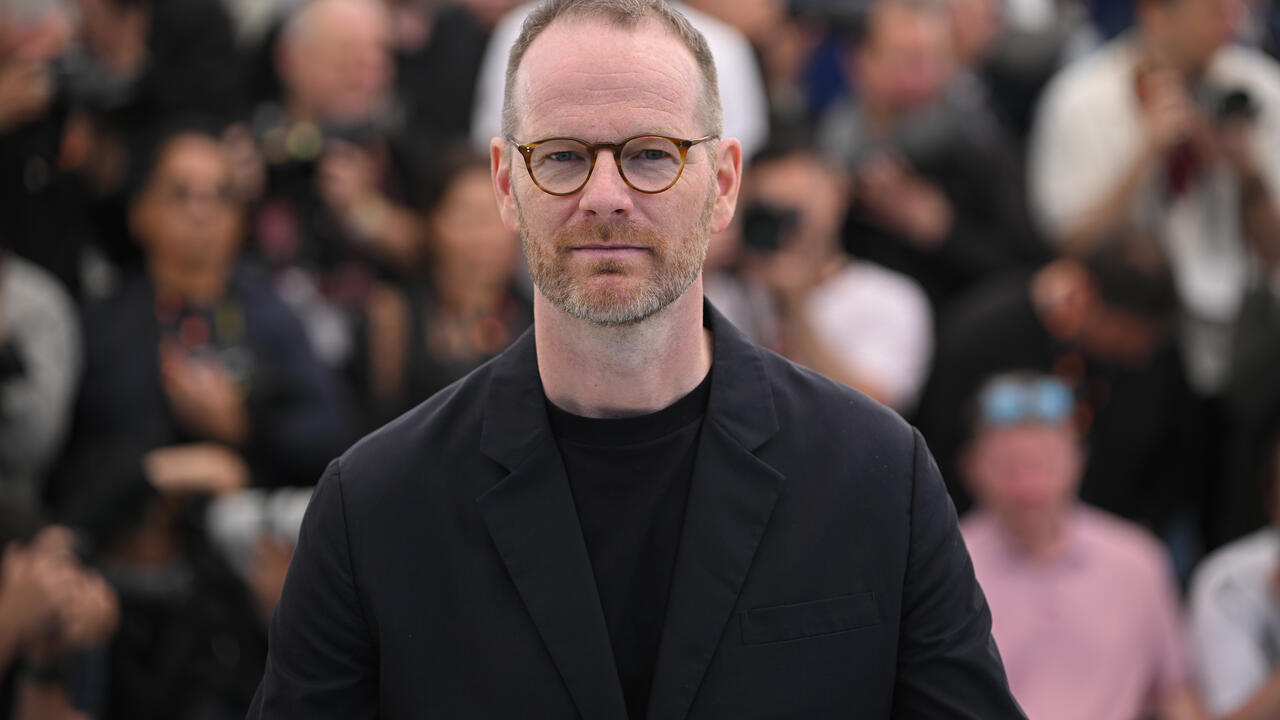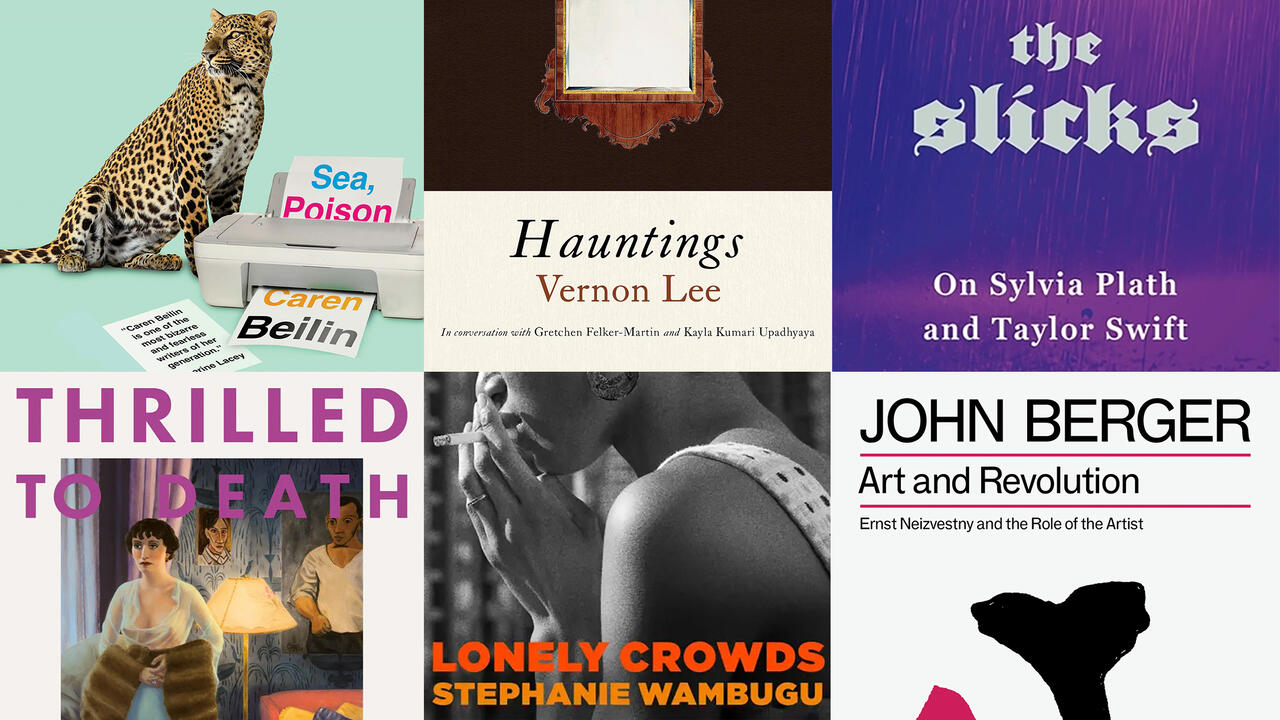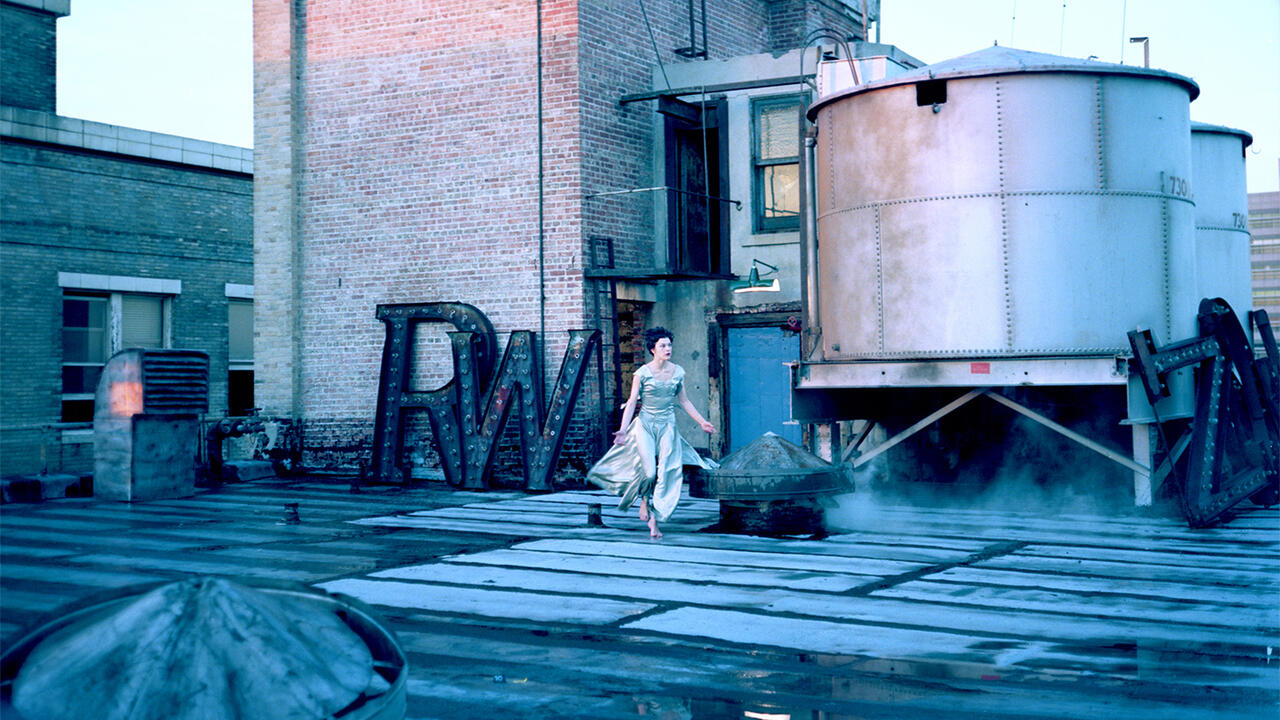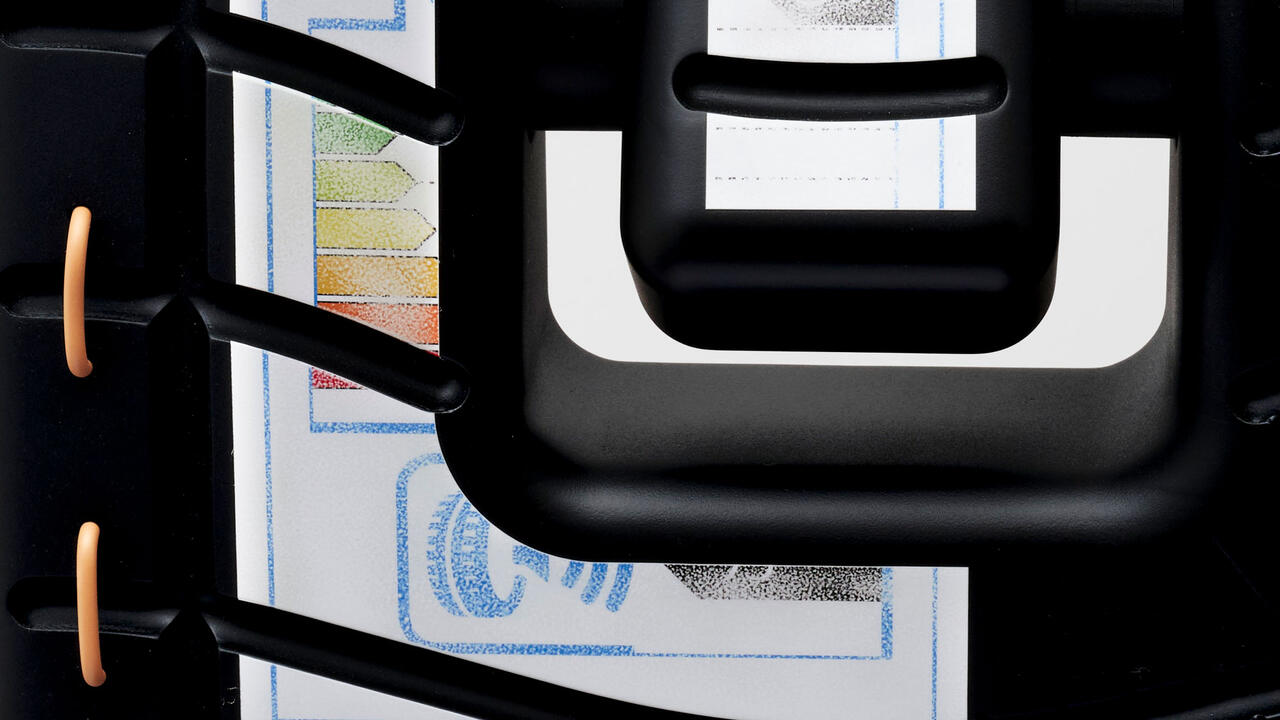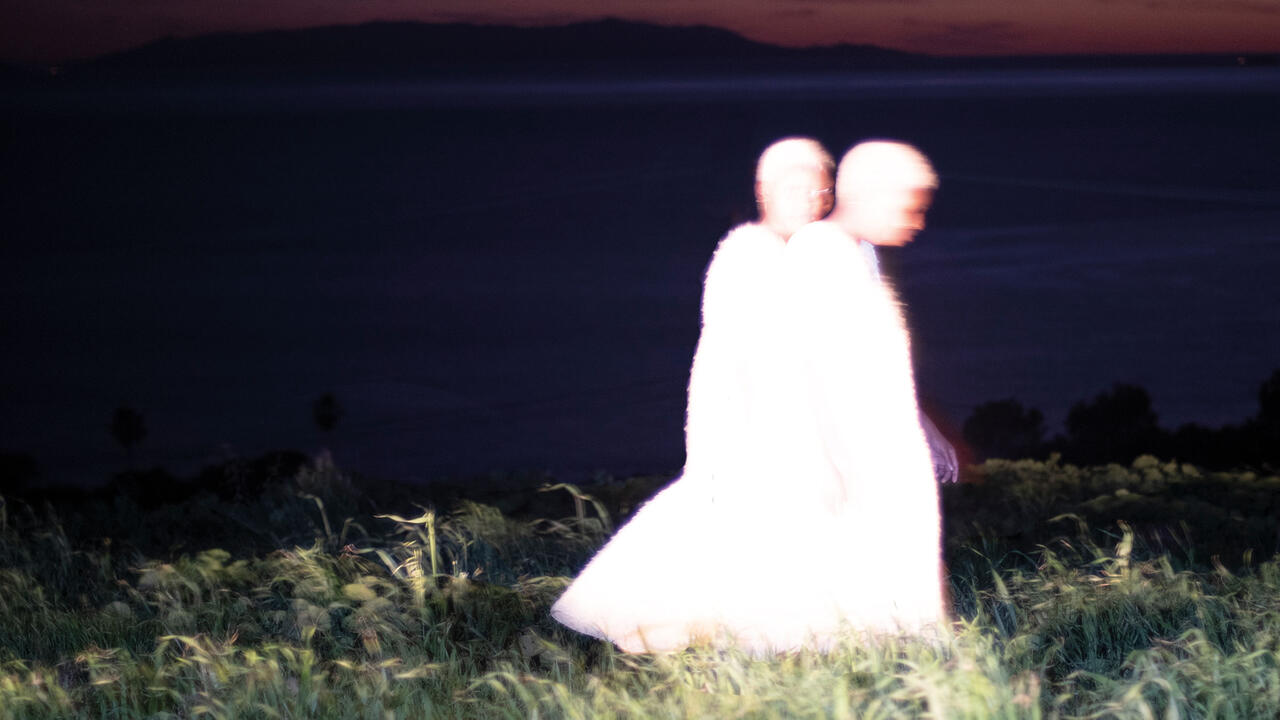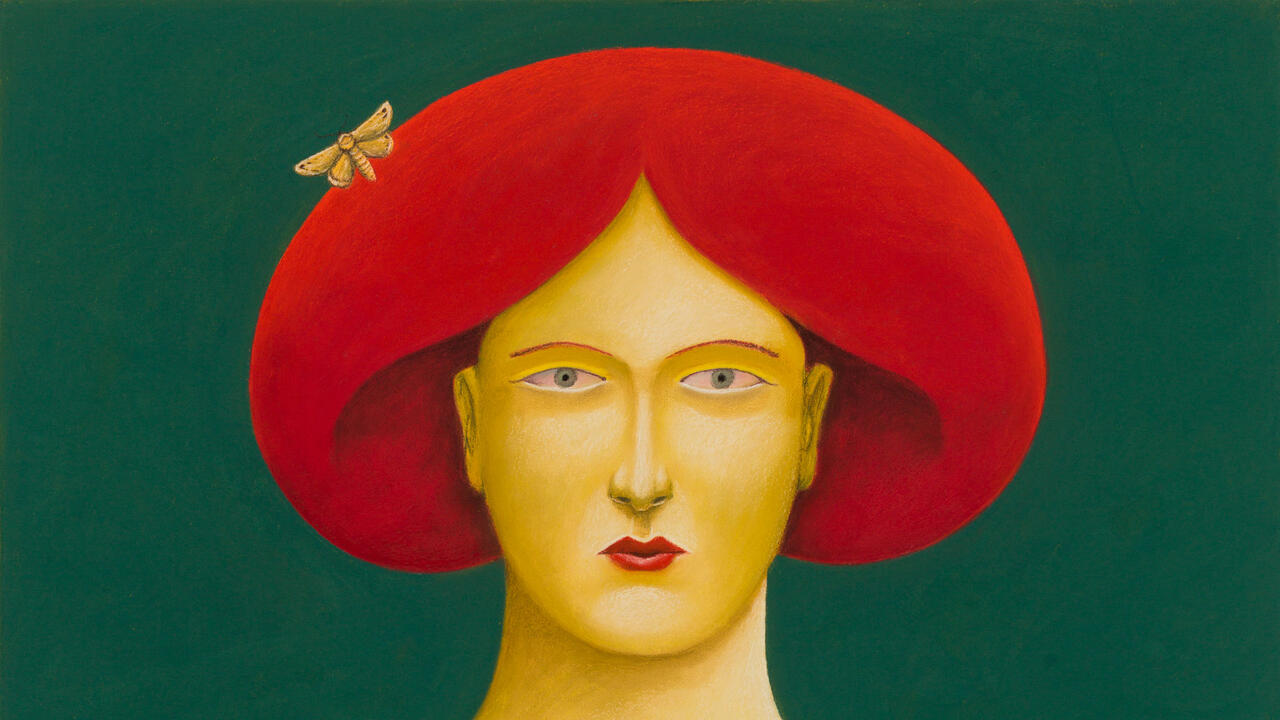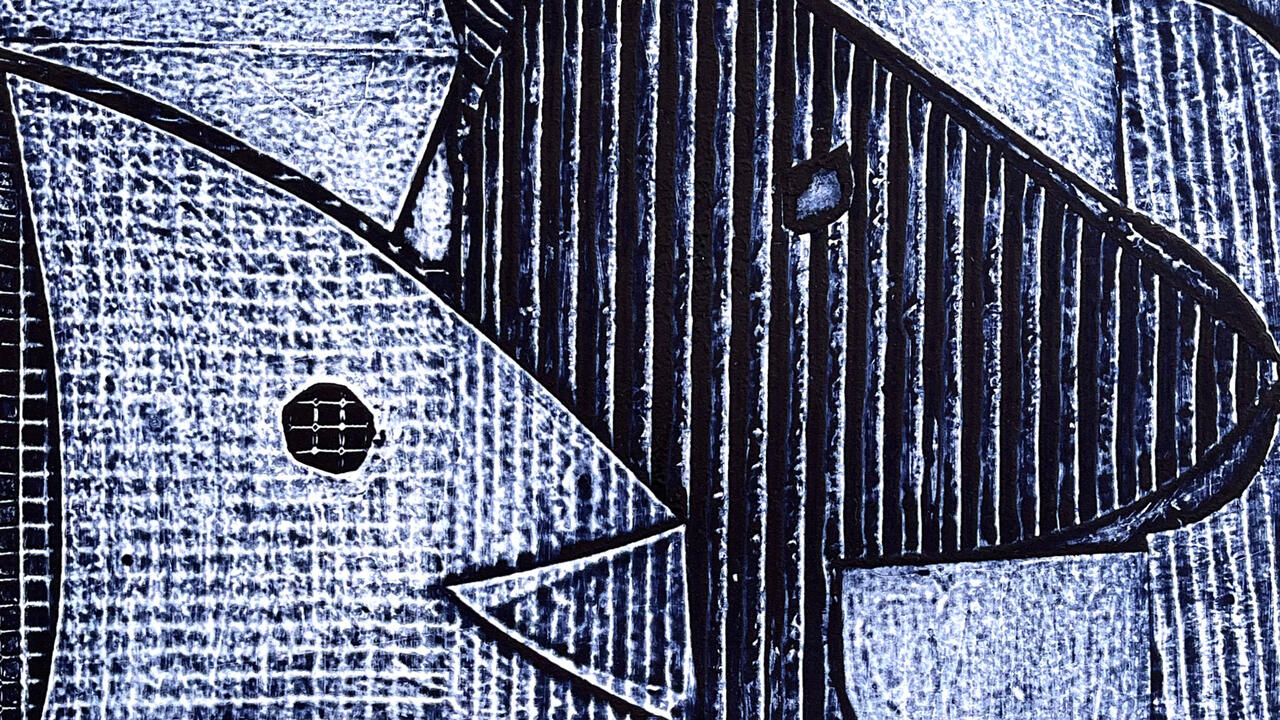Drinking to Forget
Drowning sorrows and watching Warhol’s Drunk aka Drink
Drowning sorrows and watching Warhol’s Drunk aka Drink

The guys downstairs are smoking weed. It drifts up, powerful stuff. Last time I smoked, I was stoned for three days. Red wine is preferable: a few hours of forgetfulness.
I’m on the phone with a friend, discussing the downfall of our country. What’s good for him is good for the country; he’s General Motors in his head. A pathological narcissist, it’s all him all the time. He’s Putin’s puppet. Putin tells him: Do as I did. Do good cop, bad cop, dismantle the government, divide and conquer. Trump is all ears, scant hair and eats it up, because Putin is the richest man in the world and wields power with smug indifference. My friend says: ‘Soon we won’t be able to talk on the phone like this.’ Months ago, I would have rejected that as extreme. Now, I swallow the idea whole.
It’s beautiful out, clear and cold. I have errands, walk toward the post office, and see six elderly men, Muslims, in front of the mosque around the corner. They’re dragging big, heavy suitcases to a taxi, filling the trunk with them. I wonder: ‘Are they fleeing America?’
After 8 November 2016, it was dead quiet for days. Just like after 9/11. I get to the post office, send some mail, try not to picture the usual chaos in the hidden recesses of our notorious branch, ‘the worst in the US’. Then go to my local little jewellery store, where the owner, born in Ecuador, a citizen for 30 years, asks his daughter to help me. The store’s named after her, Kathy, and she tells me not to be sad, that good always conquers bad. I make a joke, she hugs me and exhorts: ‘We have to love, love, love.’ I smile wanly.
In the new year, I’ll keep signing petitions. Don’t know about love. Maybe drink less. Maybe drink more. Notably, I recently saw Andy Warhol’s Drunk aka Drink (1965) in a digitally restored version, which hasn’t ever been shown publicaly. Warhol was great friends with the filmmaker Emile de Antonio, who died in 1989. In 1965, De, as he was called, agreed to be in one of Warhol’s first films. He said he would drink an entire quart of scotch; Warhol could shoot that.
Warhol set the camera up high, at a stark angle to his subject. The camera looks down on De, the frame never changes, though the subject does, and Warhol must’ve known what would happen. De Antonio was a fierce drinker from a wealthy family. Warhol, from a poor family, did speed. Both were Pennsylvanians. Eight years older, De mentored Warhol. Warhol must have often seen De stupid drunk.
De is a larger-than-life figure, whose head, in the second half of the 60 minute film, will fall out of the frame. But as Marilyn Monroe told the studio, when they didn’t want to use a shot where the top of her head was cut off: ‘We’ve already established I have a head.’
At first De plays to the camera, kind of winking at it, and at Warhol behind it, with beautiful, clever eyes, opening the bottle with a flourish. He’s dramatic, acting for the camera. He pours the scotch, some club soda, tosses an ice cube into it, swirls it all with his index finger. More Scotch, he laughs at his own jokes and talks to Warhol, who walks off, himself laughing. ‘Self-conscious,’ De says to himself several times, as if surprised. Drunker, he crosses himself and prays in Latin. Midway into the bottle, De says how really smart Warhol is. Suddenly, it’s a relationship film. De’s giving Warhol a gift, exposing himself at his best and worst for the camera. Voluntarily exploiting himself, perhaps, for friendship, art. He believes in Warhol’s unique talent. They are artists in a dialogue.
By the second half, De has become insensible. He collapses onto the ground, only his torso visible, his words stutters and clutters of moans. His torso turns into a face, his chest rising and falling; he is a body in a dark Andrea Mantegna painting. He is a spectacle. Disturbing, profound, Drunk aka Drink’s meanings are uncategorizable. A brilliant figure is an everyman, a lump of flesh, and the flesh is weak.
Days after it was shot, De Antonio told Warhol it could never be shown.
Art, even great art, can’t save people from themselves or each other, but it can offer temporary consolation, an experience that speaks to the possibilities, the better parts of our species.
Lead image: Andy Warhol, Drunk aka Drink, 1965. Courtesy: Andy Warhol Foundation










